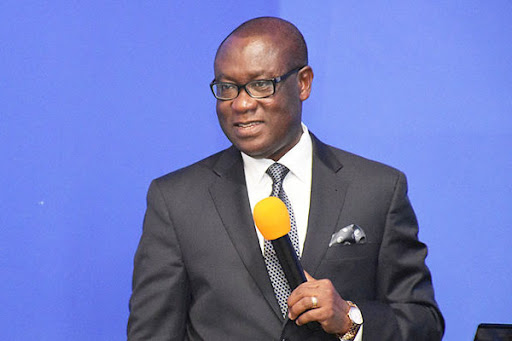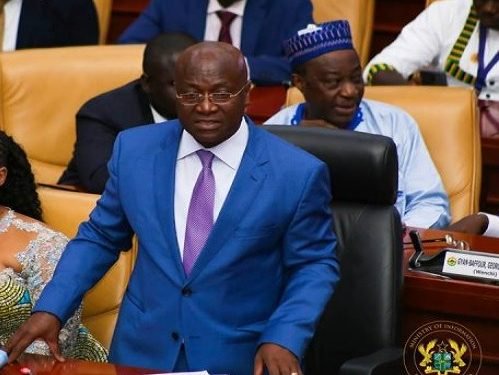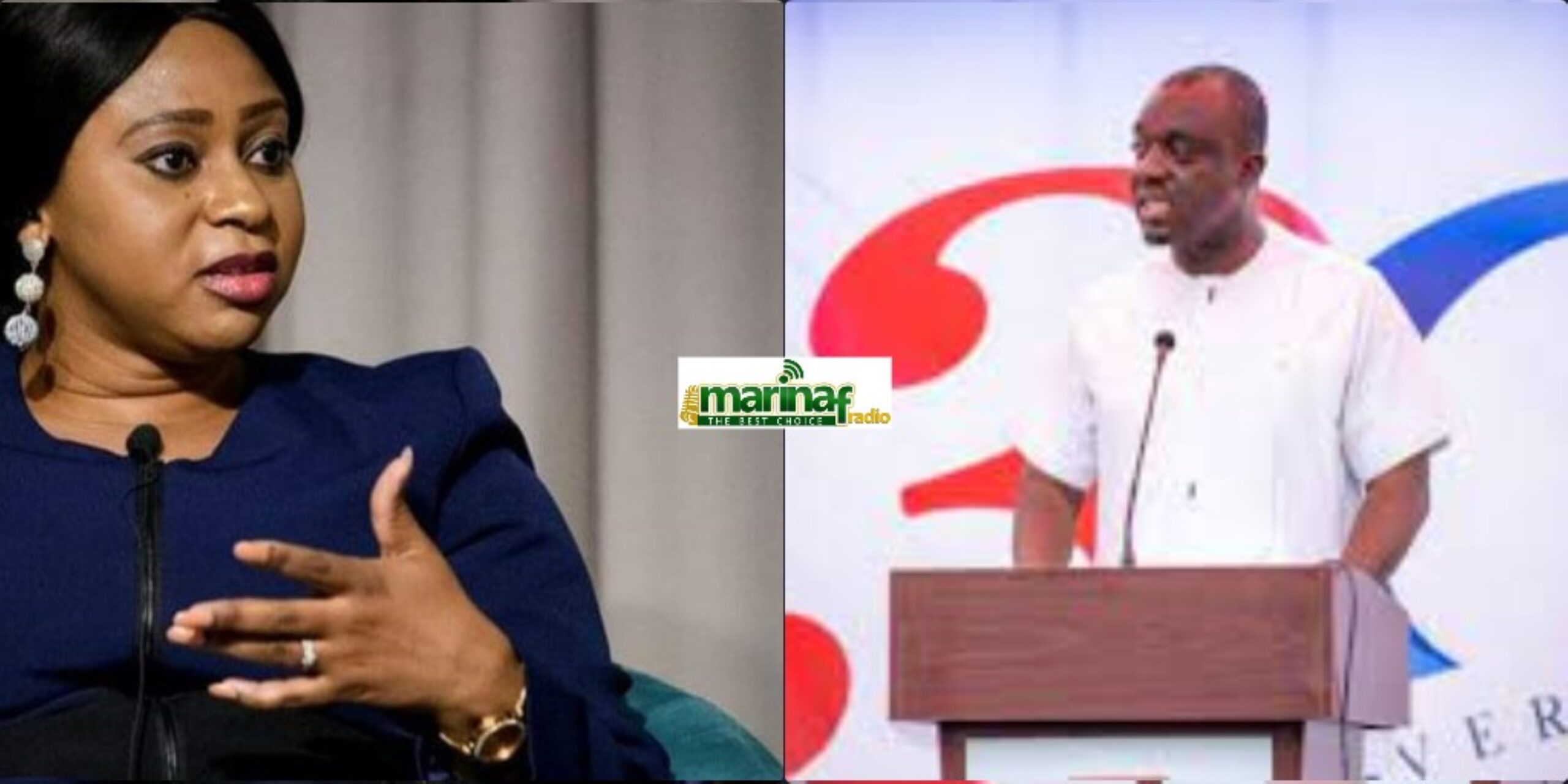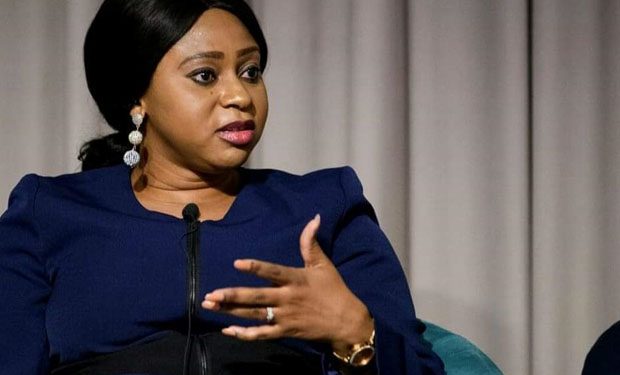
The National Peace Council has revealed that it has engaged all stakeholders in the electoral process to implement major reforms ahead of the 2024 general elections.
One of the key reforms proposed by the Council is a change to the way constituency-level election results are declared.
Speaking on JoyFM’s Midday News, the Chairman of the Council, Rev Dr Ernest Adu-Gyamfi, stated that under the current system, the election results are declared at both the polling station and the constituency levels.
According to him, once the election results are declared at the constituency level, the Electoral Commission (EC) has a set time period in which to gazette the results, after which anyone who has an issue can file a case within 21 days.
He explained that even though the gazetting of the election results is the legal responsibility of the EC, the process is actually carried out by the Ghana Publishing Corporation.
“In the last election, even though the results were declared around the 8th, 9th, 10th, most of them had been declared. The election took place on the 22nd, which means that it was done 12 days after, and then whoever had the case had 21 days within that period to file the case.
“Then the respondent has about seven days to respond, and then they go through all kinds of things before. By the time the case itself was ready to be heard, it was already past two months.”
According to Rev Dr Adu-Gyamfi, as part of the major reforms, the current system allows for a returning officer to declare results at the constituency level, which should be considered final.
On constituency election petition cases, the Peace Council revealed they have reached an agreement with the Judiciary on measures to make sure these cases do not drag into court.
He stated that another reform was that no judge would have more than one case at a time in terms of parliamentary adjudication.
“So if there is a case in one court and another case comes up, then the case will be handed over to the next immediate high court that is closest to the constituency, and we came up with some formula between the first case and the next immediate. Assuming we have three cases, who will be the next person to handle those things? So that we remove the suspicion that the Chief Justice assigned the case to this person because the person has a political interest or whatever it is. So we have given out a certain formula to handle these things.”
“Assuming something happens in Madina constituency, then we are handling it in the high court in Madina. If there are two or more cases within that enclave, then the next case will be properly handed to the next court in Adenta, which is the closest. If there are two or more cases, let’s move it to Abokobi to ensure that no judge will have more than one case to handle to ensure that we get these things done as soon as practicable,” he said.
The Chairman explained that the goal of the proposed reforms is to ensure that any cases relating to the election results are resolved well before the next president is sworn into office on January 7.
“Regarding the proposed change of Election Day to an earlier date, the chairman agreed that an early election will afford the president-elect ample time to form a full government before taking office.
“So that on the 7th of January, the President is sworn in, parliament is sworn in and we have the full complement of people to work with, but we agree that this is necessary so that after this election, from next year, proposals on these things will start. So early next year, that proposal will come up so that by 2028, the election will be moved early, maybe to November so that we can have all these issues resolved before the 7th of December,” he said.
Source: myjoyonline.com




